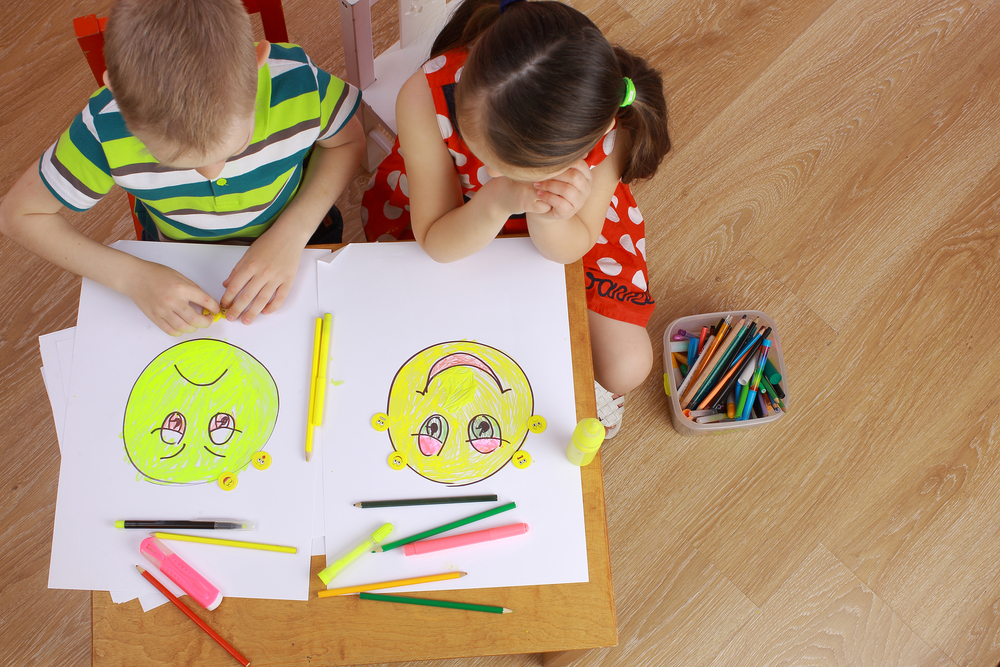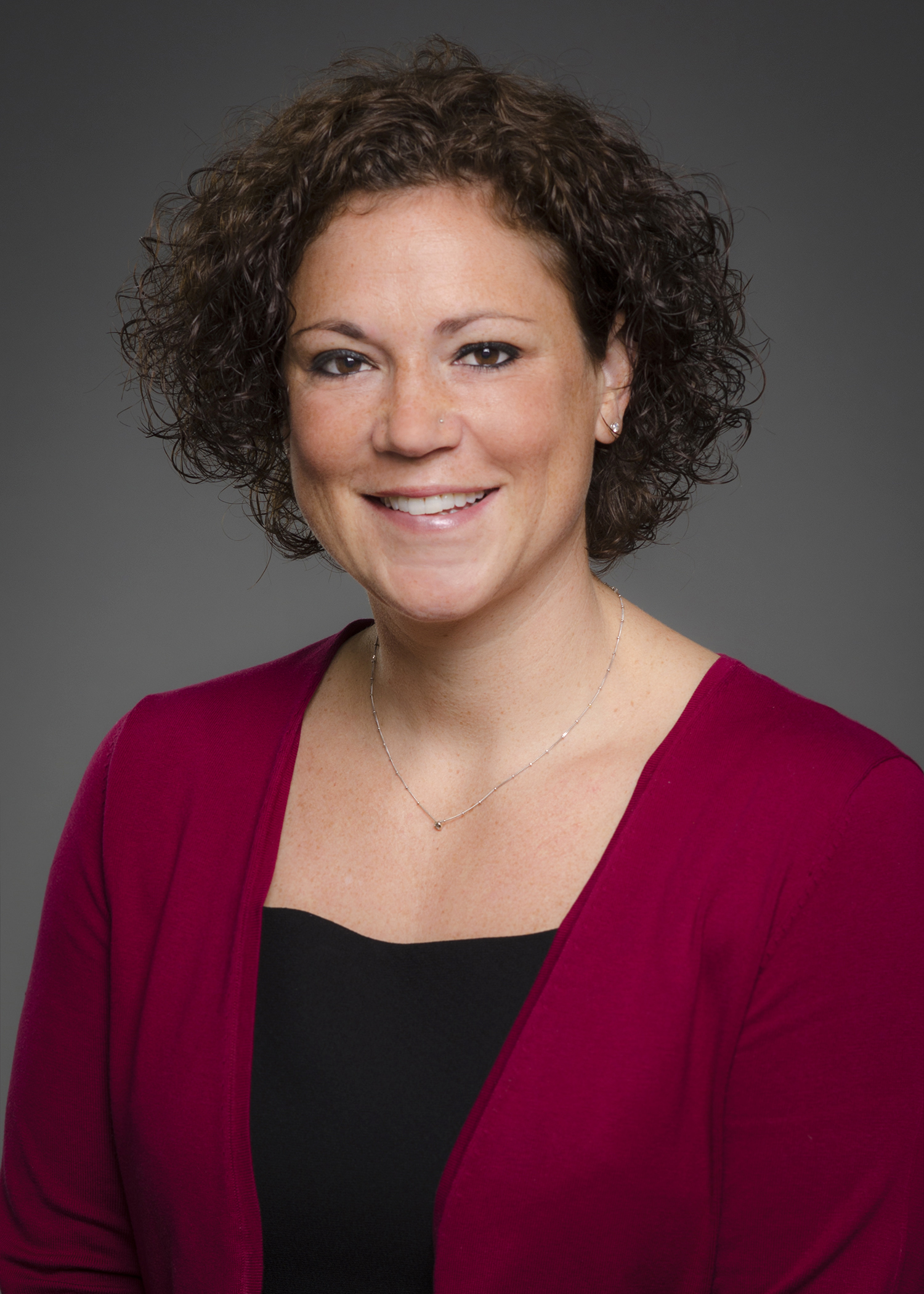
TatyanaDzemileva/Shutterstock
.
The other day, I was speaking with a friend who works in human resources. She was in the process of filling an entry-level position for her team and was telling me the qualities she was looking for. A clear communicator, a team player and a good problem solver were at the top of her list.
Among employers, my friend is not alone. According to the National Association of Colleges and Employers’ most recent Job Outlook survey, more than 80 percent of respondents noted that these were the attributes they most want to see on a candidate’s resume.

Nicole Lovecchio
While technical skills are a critical part of any successful employee’s qualifications, we can’t underestimate the importance of “soft skills” to an individual’s success in the workplace. These competencies allow a person to manage their emotions and interactions with others, and help them build positive relationships, make responsible decisions and empathize with others.
In the education and youth development fields, we call these “social-emotional skills,” which are learned through the process of social and emotional learning, or SEL. Strong social-emotional skills help kids succeed and stay in school, and lead positive, healthy lives. Research shows that effective SEL curricula, particularly in out-of-school time programs, have the power to strengthen attachment to school and reduce negative behavior — two significant predictors of success.
SEL in out-of-school time programming provides a unique opportunity for young people to develop – and practitioners to teach – social-emotional skills that will prepare them for success in the workplace. By their very nature, out-of-school time programs have structured but non-traditional learning environments that are flexible and promote creativity.
When SEL is intentionally infused into fun activities, group games, and engaging discussions, young people learn and practice social-emotional skills in ways that feel less like the classroom and more like real life. A basketball game, for example, is no longer just an athletic activity, but a learning opportunity filled with teachable moments about leadership, teamwork, stress management and respect.
How we teach accountability
Out-of-school time programs that incorporate SEL do so with long-term growth and development in mind. That is, they focus on skills that help young people now and in the future. When a student learns how to stay on task and focus attention, it helps her during this week’s spelling test and when she is completing assignments in her first job. Understanding how to identify when a peer is upset is just as important in elementary school as it is in the workplace.
An important aspect of this is using kid-friendly, consistent language about social-emotional skills so young people can actively understand what they’re learning. While a second grader may not know what self-management means, he does understand why he should not interrupt while someone else is speaking. In our after-school SEL program, WINGS for Kids, we call this language our “Words to Live By,” which serve as the foundation for everything we say, do and teach. It allows all young people and adults in the program to utilize the same language, making it a key part of our SEL lessons and helping kids remember and practice their social-emotional skills during and outside WINGS.
To better understand how this all comes together to help young people develop high-demand workforce skills, allow me to walk you through how we teach accountability in WINGS.
As we all know, in the workforce it’s important to be accountable for your actions and decisions. At WINGS, we focus a lot on accepting responsibility. In fact, we even have a line in our Words to Live By about taking accountability for your actions: “I understand the choices I make should be what’s best for me to do, and what happens is on me and not any of you.”
In our SEL lessons, we first focus on being able to identify your part in a particular situation — that is, being able to state what you did. Then, we build upon this by learning how to uphold agreements and, later, how to make amends if agreements are broken. With this foundation about accountability, program leaders are able to infuse this into teachable moments when students might blame others for certain outcomes.
For example, if a young person says, “My teacher didn’t give me my homework,” leaders take the time to work with them to determine their role in the result. In this case, it may be not checking with their teacher before leaving the classroom for the day to make sure they had the homework assignment. By doing so, young people begin to develop the concept of personal accountability and being responsible for their actions and the results.
While kindergarteners may have a while before they need to think about their first job, it’s never too early to begin building the skills that the future workforce and employers demand. By incorporating SEL into out-of-school-time programming, young people are able to develop the social-emotional skills that prepare them for bright futures and success in the workplace.
Nicole Lovecchio is chief programming officer at WINGS for Kids, a nationwide afterschool program focused solely on bringing SEL to at-risk kids. Before WINGS, she counseled youth and their families during two years at the South Carolina Department of Mental Health and has a juvenile justice degree from Shippensburg University.





























